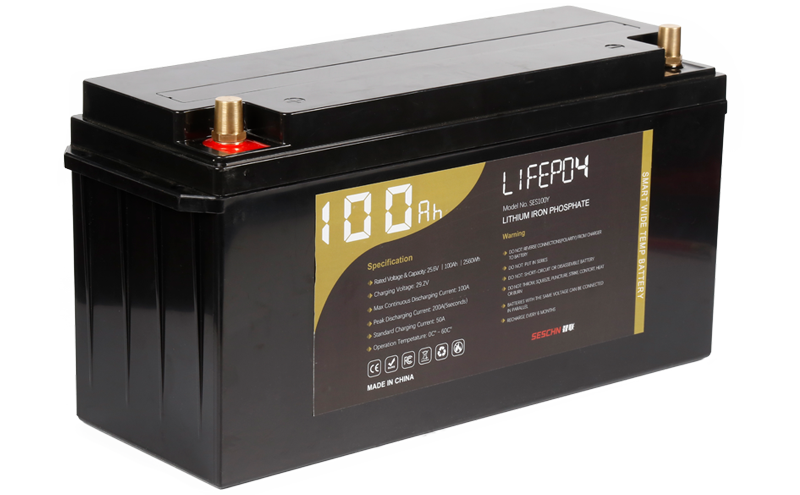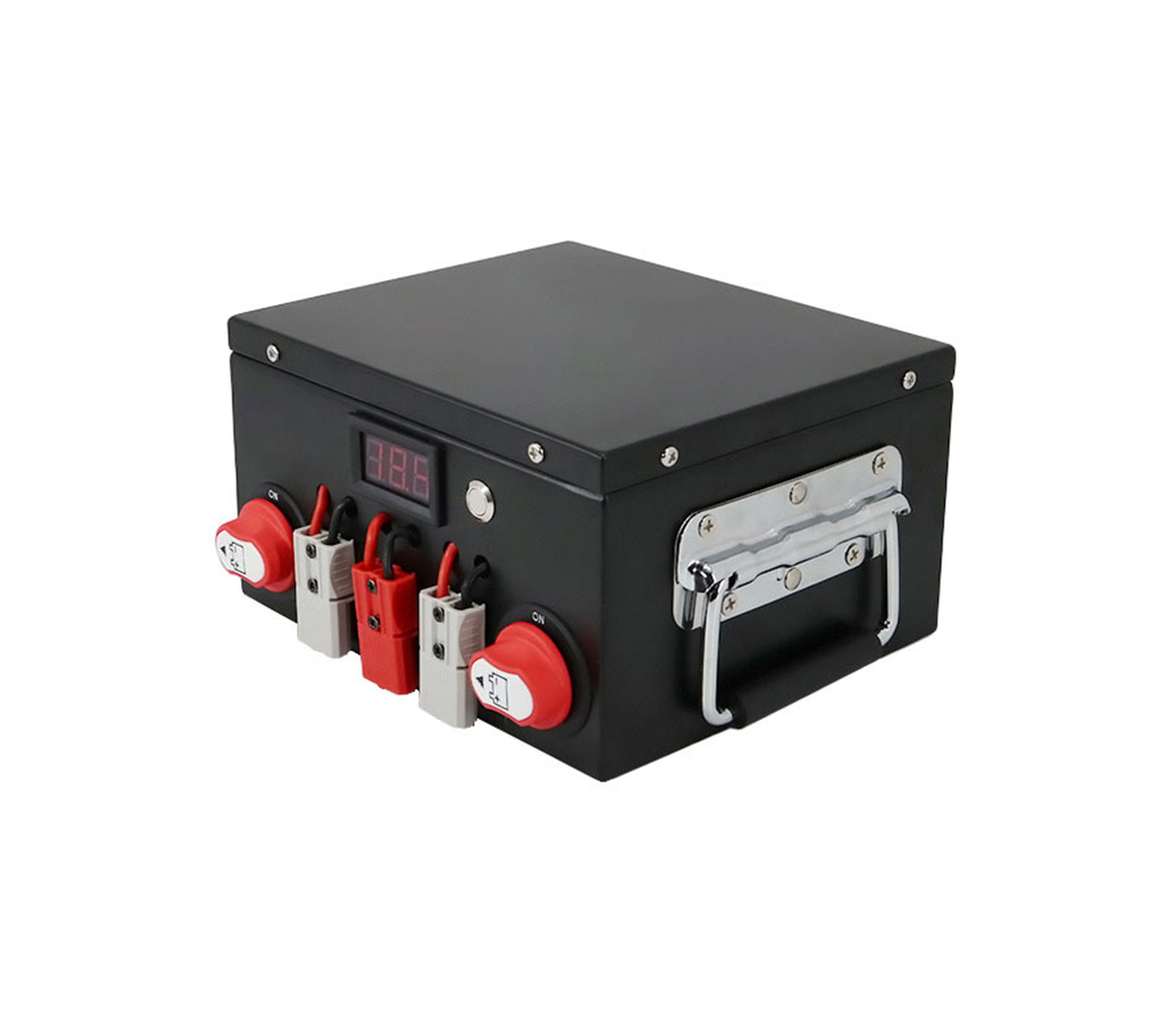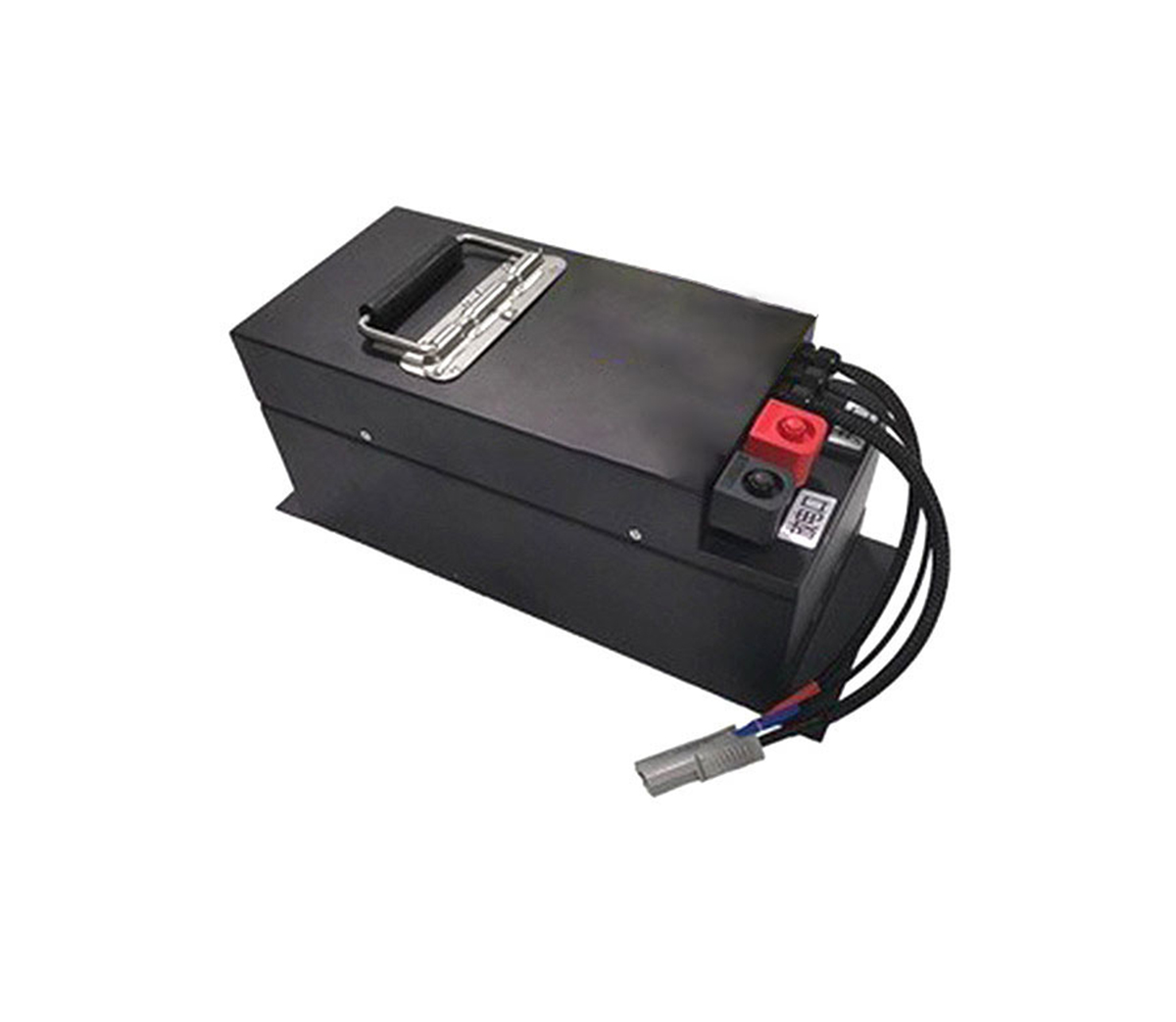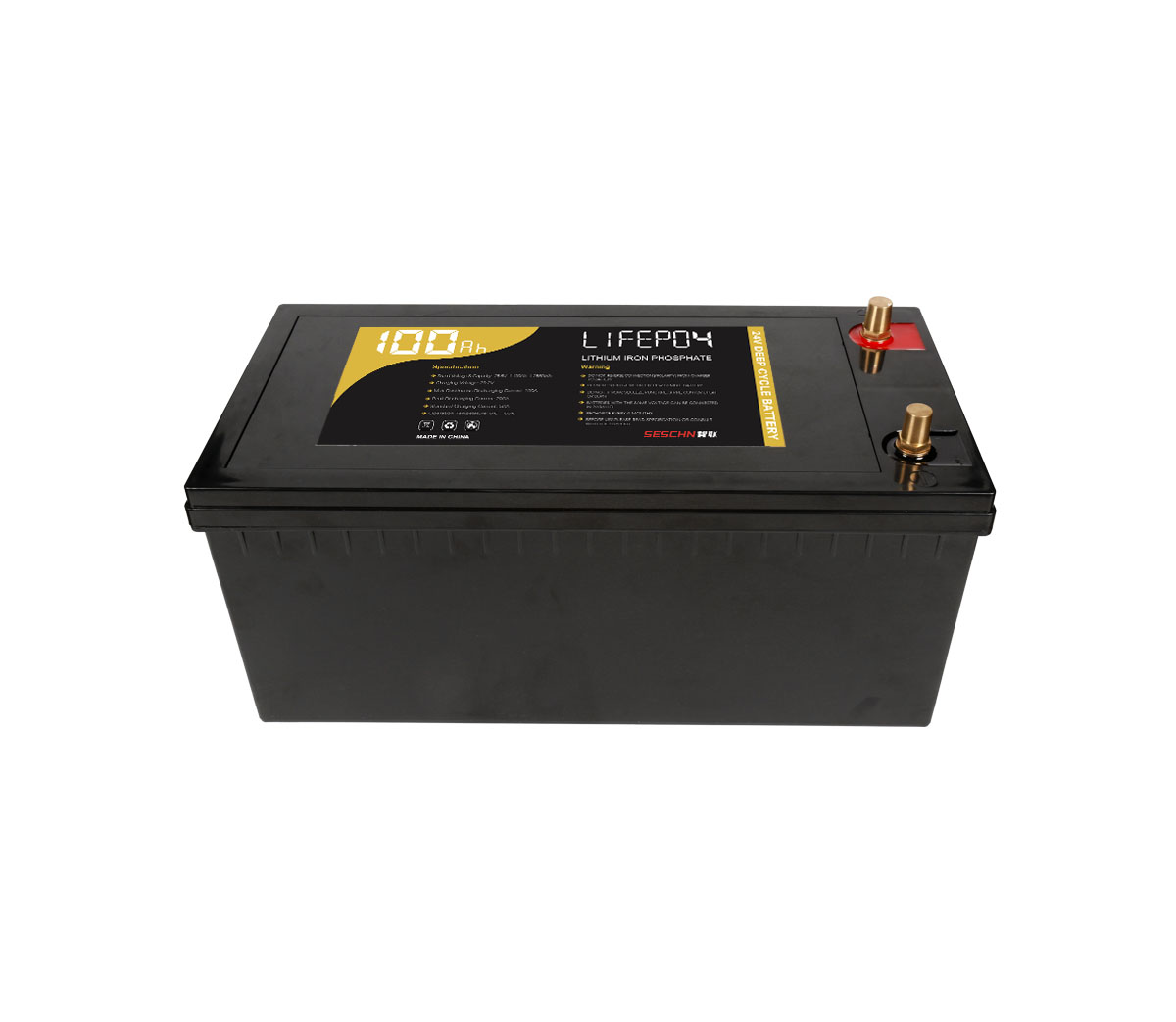
Although there are hundreds of power battery companies in China, only the
Ningde era has entered the international market, and its market share is
relatively small. Therefore, more Chinese battery companies like the CATL era
are needed to fully compete with Japanese and Korean battery giants such as LG,
Samsung, and Panasonic. This requires Chinese battery companies to further
improve product quality and technological level.
China's power battery company Ningde Times is conquering cities in the
international market.
A few days ago, at the Beijing Auto Show, Nissan announced that it will
release 20 electrified models to the Chinese market in the next five years.
Among them, Dongfeng Nissan’s first domestic pure electric model is Sylphy ·
Pure Electric SYLPHYZeroEmission, and this pure electric version of the model
will be It uses batteries from the Ningde era. Following Nissan, the
international car brand Daimler also announced that Daimler Group has signed a
contract with CATL, which has officially become Daimler’s battery supplier.
In fact, in addition to the aforementioned car companies, CATL has also
signed a letter of intent for strategic cooperation with British luxury car
companies Jaguar Land Rover and Byton Motors. The two parties will actively
explore future in-depth cooperation in the field of automotive battery
technology, and jointly research and develop automotive power batteries.
technology.
Objectively speaking, CATL has taken rapid development in the international
power battery market, which will help consolidate its market share at home and
abroad, and at the same time widen the gap in competition with other Chinese
battery companies. The status of Shanghai is also expected to be further
improved.
1, Mercedes-Benz S-Class cars will be equipped with 48V lithium battery
thermal management solutions
The global innovative thermal management technology developer and market
leader Jewin recently announced that the industry’s first 48V lithium battery
thermal management (BTM) solution based on thermoelectric technology will be
applied to the latest Mercedes-Benz S-Class models. The solution will also be
applied to other subsequent models. This highly innovative solution based on
thermoelectric technology has been completely integrated as a structural
component in the battery case, and can heat and cool sensitive lithium battery
cells, so that the battery maintains better performance under extreme conditions
and extends this Service life of high-value components.
Comment: Under the dual-point policy in China and the development trend of
global auto electrification, electric vehicles have become a new area of
competition for major auto companies. However, there is still a long process
to transition from fuel vehicles to electric vehicles. Therefore, the 48V
micro-hybrid power system that can greatly save costs has become a more feasible
solution. At present, auto parts manufacturers including Bosch, Jiewen,
Wanxiang, and Continental are actively entering the market. However, the
development of 48V system batteries is difficult and the threshold is high. It
is destined that not many companies can get a share in this field. 2, adding
nanowires can reduce the flammability of lithium batteries
The American Chemical Society journal "NanoLetters" published an article
that scientists have discovered that nanowires can not only reduce the
flammability of lithium-ion batteries, but also enhance battery performance.
The team mixed polymer electrolytes with 5%, 10%, 15%, and 20% by weight of
magnesium borate nanowires, and found that the nanowires can enhance the
conductivity of the electrolyte. The electrolyte can withstand more stress,
making the electrode surface more stable.
However, the researchers also said that although nanowires greatly improve
conductivity and fire resistance, they still cannot operate stably at room
temperature. There is still a long way to go before commercialization, and
further research is needed.
Comment: At present, in order to further improve the safety of lithium-ion
batteries, power battery companies and material companies are actively looking
for safer materials and technical solutions to start fires with lithium
batteries. Among them, the use of solid electrolyte is recognized as one of the
feasible methods. The team is adding nanowires to solid electrolytes to achieve
fire protection effects. Although the research has not yet been maturely
applied, the correct direction is worthy of encouragement and expectation.
3, the Japanese government and companies will jointly develop all
solid-state batteries
Foreign media reported that the Japanese government will work with private
companies to promote the development of a new generation of pure electric
vehicle (EV) batteries. The Ministry of Economy, Trade and Industry of Japan
will contribute 1.6 billion yen to the "Lithium Battery Materials Evaluation and
Research Center (LIBTEC)", a technology research association in which materials
manufacturers Asahi Kasei and Toray participate. Toyota, Nissan, Honda and other
large car companies as well as battery manufacturers such as Panasonic and
GSYUASA will also join the development of LIBTEC to develop all-solid-state
batteries.
In the field of all-solid-state batteries, Toyota's research is considered
to be the most advanced in the world, but it has not yet been put into practical
use. Therefore, companies in various industries from automobiles, batteries to
materials will build a framework for cooperation and accelerate research and
development. We will use solid materials that are more difficult to use in
batteries than liquids, advance the development of improved performance, and
formulate safety evaluation standards.
Comment: Solid-state batteries have been recognized by the industry as the
next generation of new power battery technology, and research in this field is
being carried out around the world. This time, the Japanese government has
allocated funding for the joint research and development of solid-state
batteries with a series of leading lithium battery related companies such as
Toyota, Asahi Kasei, and Panasonic.
The Japanese approach is worthy of the Chinese government and enterprises
to ponder and learn. We must concentrate our efforts on speeding up research and
development in the field of solid-state batteries, otherwise we will be at a
disadvantage in the future market competition.



































